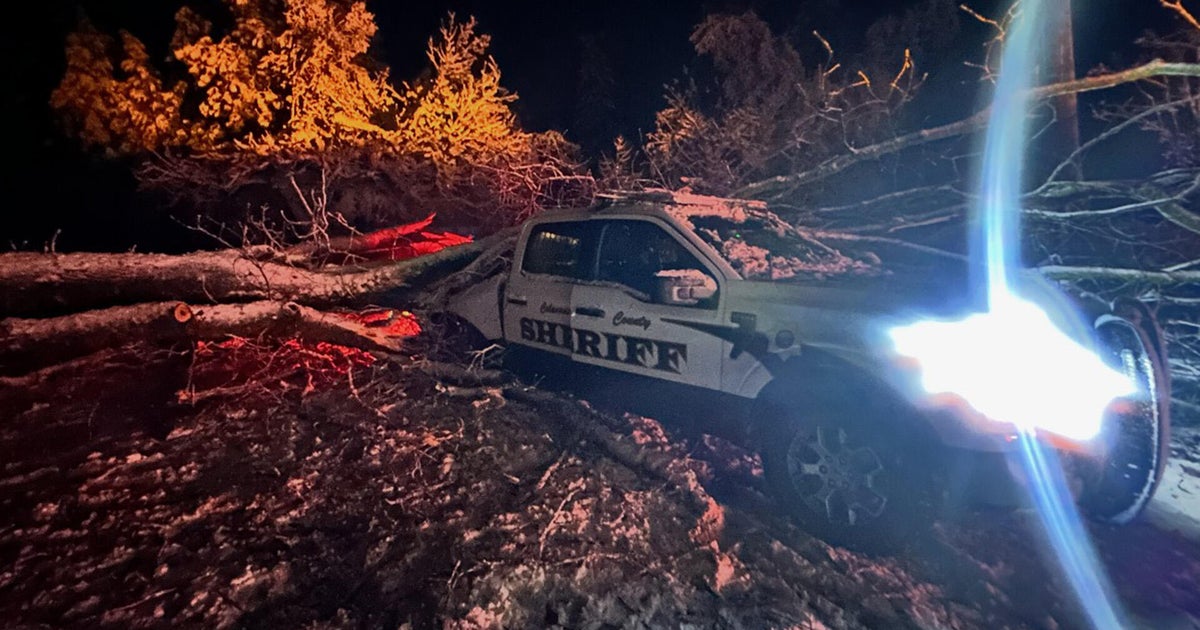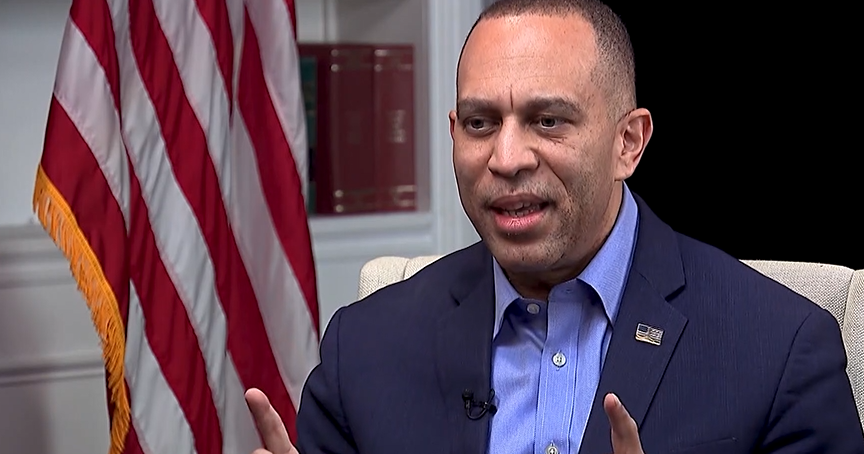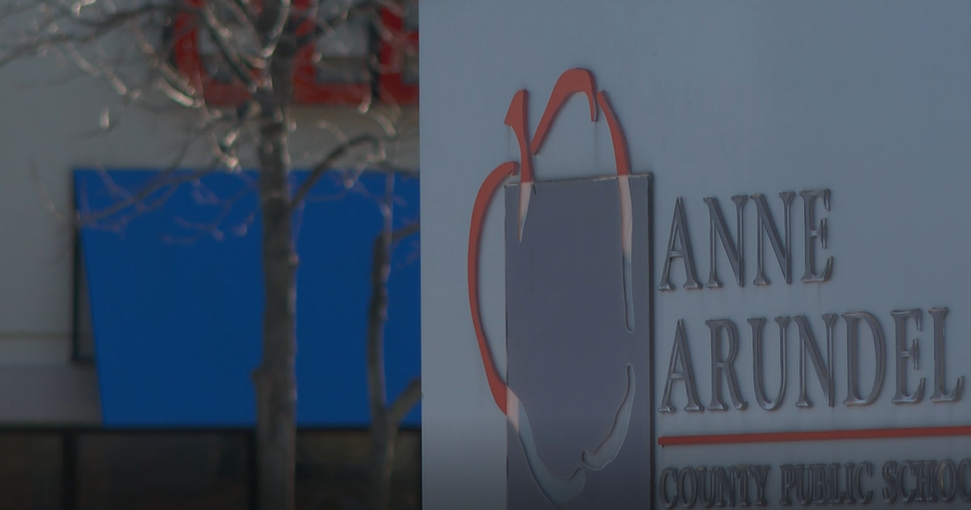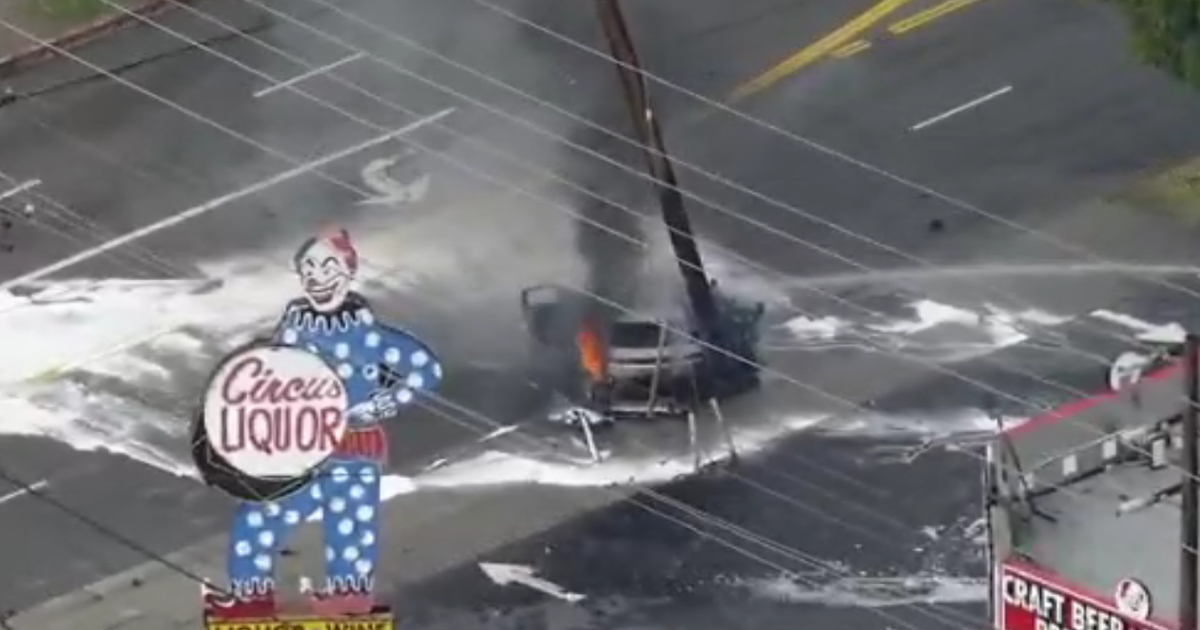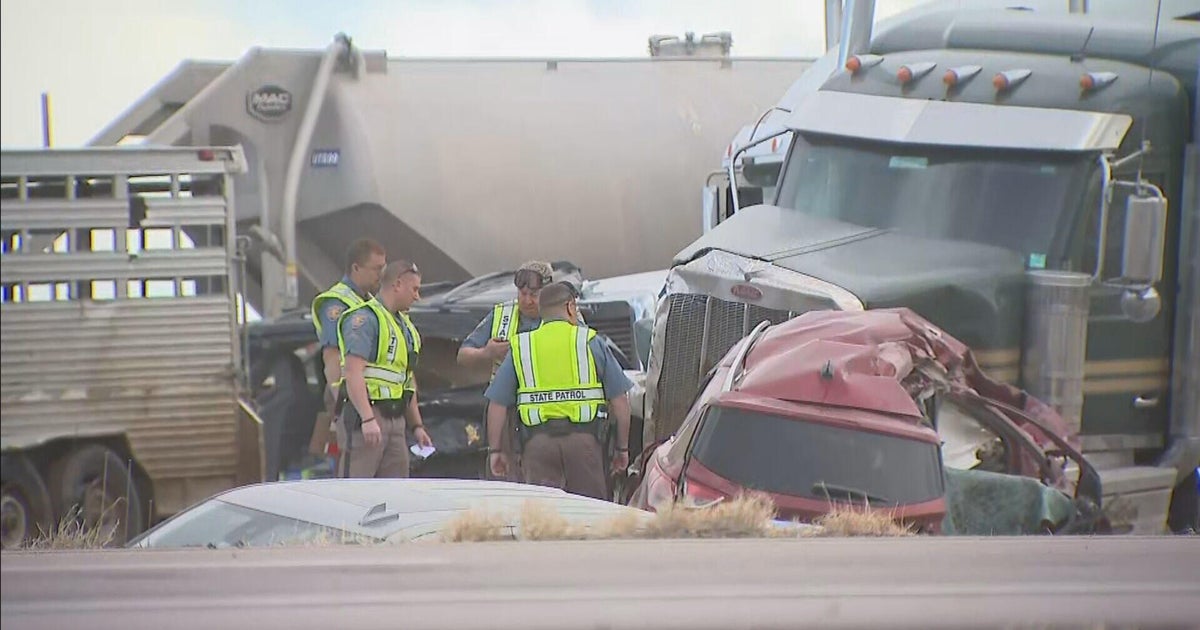San Mateo Co. pushes for local regulation of autonomous vehicles after Waymo request
SAN MATEO COUNTY – Without telling the locals, an autonomous vehicle company requested permission to expand its services from Sunnyvale to San Francisco.
Waymo LLC asked the California Public Utilities Commission, CPUC, for permission to expand its automated vehicle (AV) passenger services into San Mateo County on Jan. 19.
On Tuesday, the San Mateo Board of Supervisors pushed to empower themselves to say no.
The supervisors unanimously approved a resolution in support of Senate Bill 915, the Autonomous Vehicle Service Deployment and Data Transparency Act, which was introduced in Sacramento on Jan. 9 by Dave Cortese (D-San Jose).
The act would bring regulatory power for AV services into the hands of local governments. Behind Los Angeles County, San Mateo is the second county to throw its support behind the bill.
"I don't think the technology is there," said Supervisor David Canepa, one of the resolution's authors. "I'm concerned about these things wreaking havoc at 65 mph, playing bumper cars on Highway 101, which is right next to the airport."
Canepa explained that the whole permission process is done administratively, by a state-level commission that is not elected.
Waymo submitted a letter to the CPUC stating why it should be allowed to operate in San Mateo. Then the commission determines whether to support or deny the letter, Canepa said.
On Thursday, county attorney John Nibbelin wrote a rebuttal to the CPUC saying Waymo failed to communicate with local staff about their proposal to expand "largely unfettered" operations into the county.
Nibbelin protested CPUC's approval of Waymo's letter, saying the decision to approve them would be unreasonable without input from local stakeholders.
"Moreover, given this lack of local input and the recent public safety incidents involving Waymo and Cruise LLC in the County and City of San Francisco, I submit that the advice letter process is not appropriate for making such an important decision of public interest," it read.
San Francisco has been a test case for autonomous vehicles, which have blocked emergency lanes, parked on fire hoses, run over pedestrians, and been set on fire.
Cortese's bill would require operators who have obtained approval from the California Department of Motor Vehicles and the California Public Utilities Commission to secure approvals from the local government where they operate. Each city or county that adopts an ordinance would provide a policy for companies to enter their jurisdiction. It would allow a locally governed permitting program, allowing localities to establish registration rates, set maximum rates for passenger fares, share its operating data with local governments, establish disciplinary processes and cap the number of AVs allowed in an area, among other things.
Twenty-one states have passed laws addressing AVs, most in an effort to define the new technology, allowing them to be tested or exempting them from traditional license requirements. In 2017, Illinois and Tennessee passed bills that preempt local authorities from enacting or enforcing ordinances that prohibit the use of AVs.
SB 915 is co-sponsored by Assemblymember Freddie Rodriguez (D-Pomona) and is supported by the California League of Cities and the Teamsters Union. Waymo LLC was contacted for comment but has not replied as of publication.

